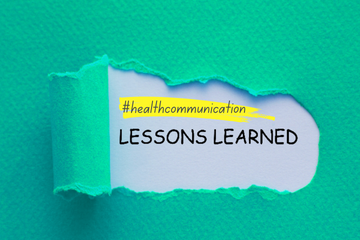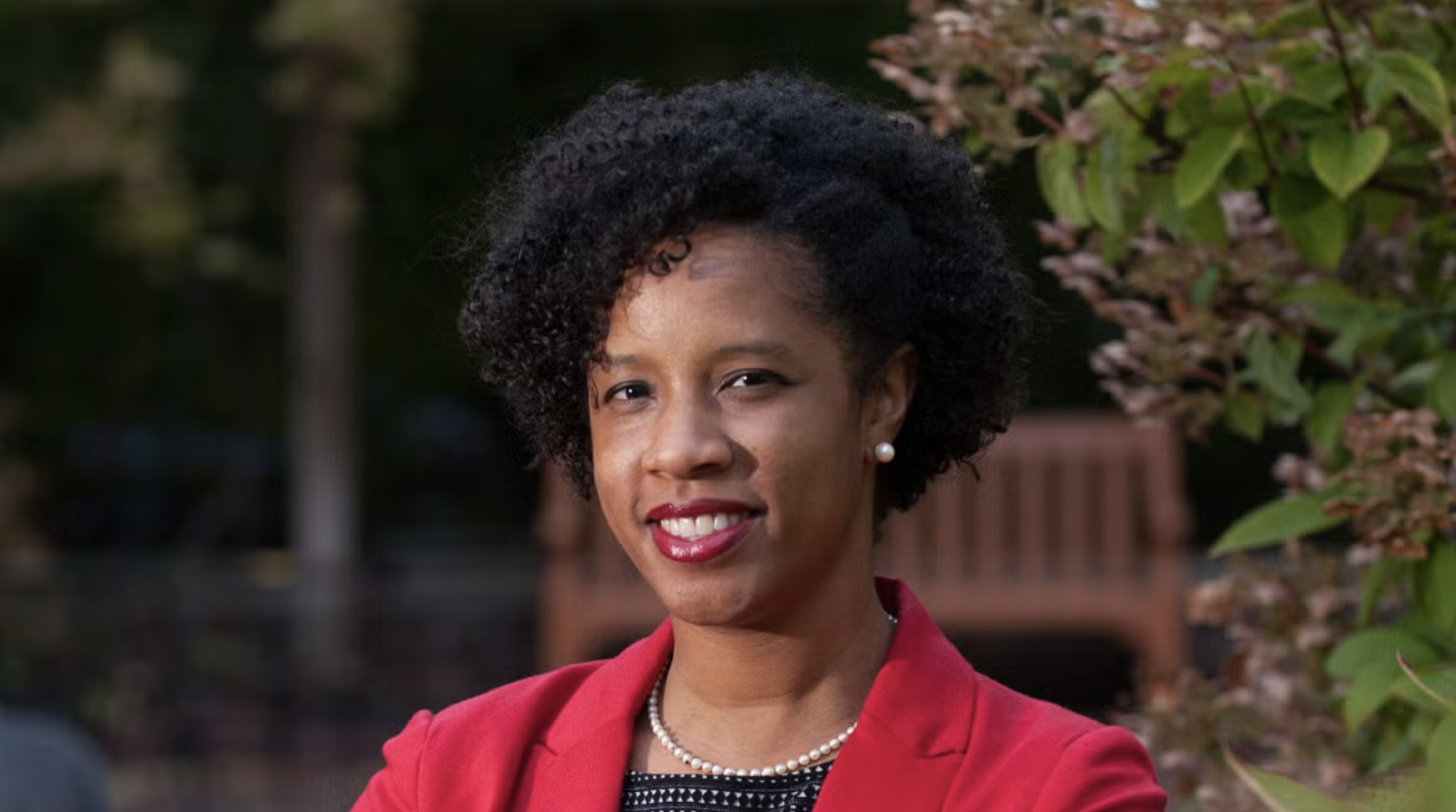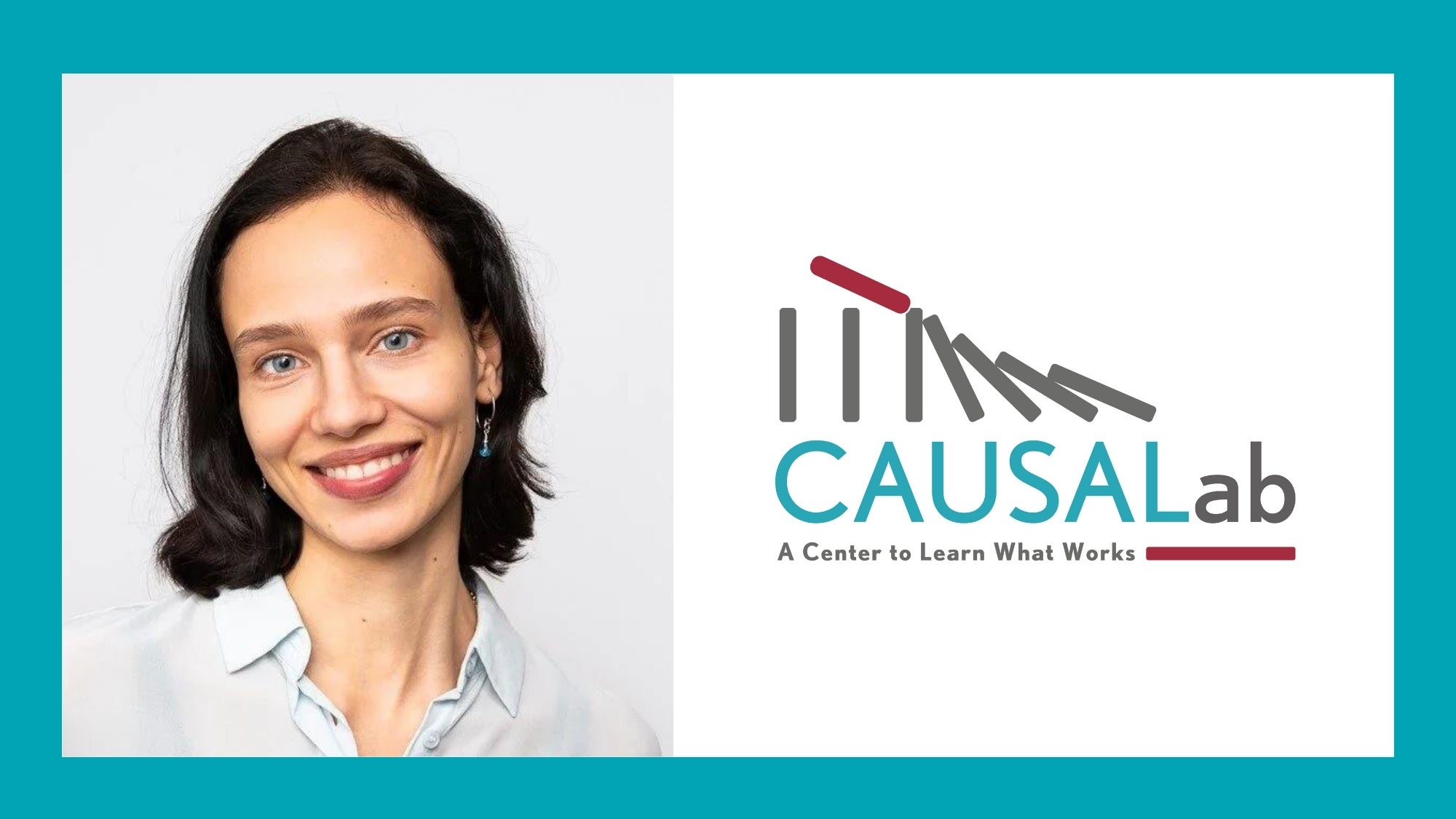Lessons learned: Sharing stories about personal values builds trust and interest in science

You’re reading Lessons Learned, which distills practical takeaways from standout campaigns and peer-reviewed research in health and science communication. Want more Lessons Learned? Subscribe to our Call to Action newsletter.
The public’s trust in scientists has suffered since COVID – in no small part because scientists have struggled to communicate their work and motivations in ways that resonate. When scientists think about why the public should trust them, what often comes to mind is their competence and expertise. But belief in someone’s abilities is just one element of trust. When deciding whether to trust somebody, people are also looking to see if someone is caring, has integrity, and generally shares their values. So how does people’s trust in scientists change depending on what values scientists emphasize when they communicate?
A recently published paper in Science Communication explored this question with 694 adults in the US. The scientists randomly assigned participants to read a story that either emphasized a scientist’s desire to (1) help others and serve their community or (2) achieve a great scientific accomplishment. They also included a control condition where no values were emphasized. After reading the story, participants answered questions about how much they trusted the scientist’s competence, kindness/well-meaning, and integrity. They also answered questions about how much they (1) identified with the scientist in the story, (2) believed in the technology the scientist was working on, and (3) intended to discuss the technology with people in their lives and seek out more information.
Lessons learned: When scientists tell stories that emphasize their desire to help others and serve their community, people’s perceptions of the scientist’s trustworthiness, competence, kindness/well-meaning, and integrity increase. In contrast, when scientists talk about their desire to achieve great scientific accomplishments, or do not share any values in particular, people’s belief in their competence increases, but all other elements of trust are unaffected. Boosting perceptions of kindness and well-meaning increases how much people identify with the scientist, increasing their belief in the scientist’s work and how willing they are to discuss the scientific innovation and seek more information.
Why it matters: The communication skills that scientists are taught focus almost entirely on how to credibly present data. Rarely are scientists trained on how to talk about the values that bring them to their work. However, knowing how to do this is essential to building public trust.
➡️ Idea worth stealing: To build trust and interest in science, tell stories about the values that call you to your work.
What to watch: How programs that train scientists evolve to teach skills, like storytelling, that help them earn public trust.


